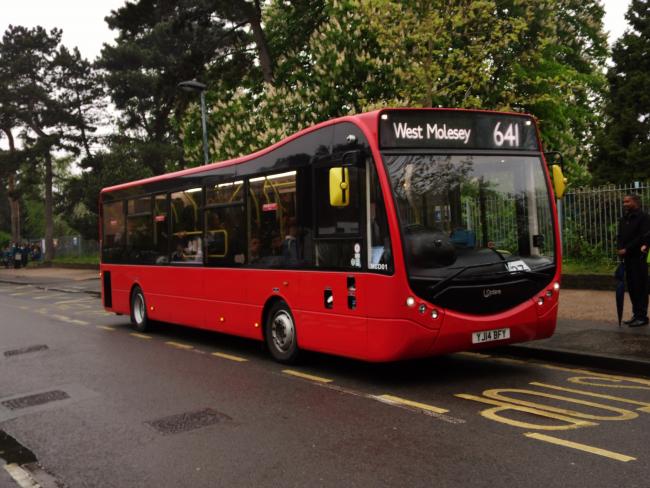The vote to leave the EU has induced a frenzy of pessimistic media forecasts about the future of investment and productive activity in Britain. Yet, such pessimism seems to be confounded by what’s happening on the ground.
For example, in Yorkshire in the past month, foreign and British-based capital has been busy investing in post-Brexit Britain.
Transport
Boeing has launched production of new era aircraft parts in Sheffield. The company said the quality of skilled workers available in the district was the key factor in deciding to site production here.
Toyota is basing the production of hydrogen cell technology at the Advanced Manufacturing Park in Rotherham. This technology will be used for its first generation of all-electric cars.
Optare builds buses in Sherburn-in-Elmet to the east of Leeds. The company, which concentrates on smaller buses, has just won a £21 million order from New Zealand for 114 Metrocity vehicles, its largest ever.
New energy
Siemens in Hull is expanding production of a new generation of wind turbines for DONG Energy. This company is developing the Hornsea wind farms off the Yorkshire and Lincolnshire coasts. These are planned to reach a total capacity of 4GW in the first two phases, amongst the largest wind farms in the world. A further 2.4GW is planned for construction in 2022-25.
Third Energy is moving its fracking equipment onto the site at Kirby Misperton in North Yorkshire. It intends to commence trial extraction of gas before the end of this year.
'Foreign and British-based capital has been busy investing in post-Brexit Britain.'
Forty five miles south, the largest British power station at Drax is looking to the future. It is capable of generating 3.9GW, about 7 per cent of our electricity. It has partly moved from coal to biomass and now has applied to convert the final two of its coal-powered generators.
Drax aims to eventually raise generating capacity to 7G, linked to 200MW battery storage (twice the size of the vaunted Tesla project). Together this would provide on-tap energy to balance fluctuating wind and solar output.
Digging deep
Under the North York Moors close to Whitby, work has started on the 1,500 metre deep tunnels for the Woodsmith potash and polyhalite mine. This huge mine will start production in 2021, employing around 1,000 people with a further 1,500 jobs created in addition to those in the construction phase.
First, a 23-mile tunnel and conveyor will be built under the National Park to move the minerals to Teesport. After processing, this will be exported as fertiliser. As one of the largest sources of fertiliser in the world, the enterprise will add over £2 billion to Britain’s GDP each year.
People are getting on with making the best of a good job!

